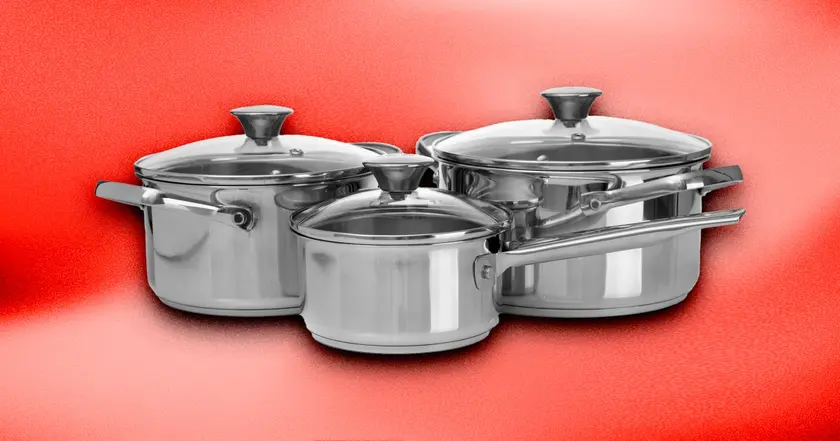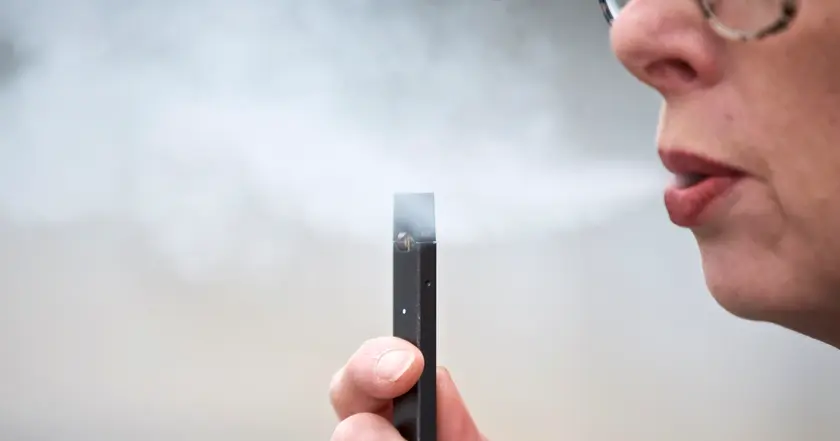T4K3.news
FDA lead leaching cookware alert
The FDA warns about a specific aluminum cookware product that can leach lead into food and urges disposal and retailer action.

The FDA warns that a round aluminum pot can leach lead into food and urges disposal.
FDA Alerts Lead Leaching in Aluminum Cookware
An FDA alert identifies a product named Kadai/Karahi Tiger White Pure Aluminum Utensils sold by Saraswati Strips Pvt. Ltd. The round silver pot linked to significant lead leaching was found during testing. Mannan Supermarket in Jamaica NY is named as the retailer. The FDA urges consumers to dispose of the cookware and says it could not reach the manufacturer to alert them. The agency notes that additional cookware from aluminum brass or Hindalium alloys may also pose risks and should be examined.
Lead exposure has no safe level and poses particular danger to children and pregnant people. The Mayo Clinic notes that symptoms in children can include irritability, learning difficulties and weight loss, among others. The FDA says to check households for such items and contact a health care provider if exposure is suspected. The agency also warns retailers to tighten screening and says it will add more products to the alert if testing finds additional threats. The episode underscores how imported goods can slip into everyday kitchens and the ongoing need for strong testing in the supply chain.
Key Takeaways
"There is no safe amount of lead exposure"
FDA Mayo Clinic guidance on risk
"Lead exposure impacts children 6 and younger more dramatically"
Child vulnerability cited in the article
"There may be other cookware on store shelves that can leach lead into food"
Scope of risk beyond the listed product
"Dispose of the cookware and do not donate it"
FDA disposal guidance
This episode shows how consumer safety depends on testing and retailer vigilance, especially for imported goods with limited traceability. It also reveals gaps when a manufacturer cannot be contacted and retailers are left to act first. The FDAs ability to warn quickly is limited by identification and cross border logistics, and the case echoes earlier alerts about other cookware linked to lead risk. The broader point is that import reliant supply chains require tighter controls, clearer labeling, and faster communication between agencies, retailers, and manufacturers.
For readers the takeaway is simple trust in a safe kitchen, reinforced by better screening and clear guidance for families. The incident could push shoppers toward safer materials and push retailers to demand stronger testing and traceability. It also highlights the need for ongoing public health coordination to reduce exposure and for better consumer education about product origins and safety standards.
Highlights
- There is no safe amount of lead exposure
- Lead exposure impacts children 6 and younger more dramatically
- There may be other cookware on store shelves that can leach lead into food
- Dispose of the cookware and do not donate it
Lead leaching cookware risk
The FDA alert shows a consumer safety risk from imported cookware that can release lead. It reveals gaps in traceability and retailer accountability and may prompt regulatory or budgetary responses as more products are identified.
Public safety will hinge on ongoing testing and stronger screening across shelves.
Enjoyed this? Let your friends know!
Related News

NFL bans use of smelling salts in games

Exploration into methylene blue reveals mixed outcomes

Search for Montana bar shooting suspect enters fourth day

FDA alerts about Boston Scientific heart devices

Experts warn cancer causing chemicals threaten humanity

FDA issues nationwide ice pop recall

Juul can continue to sell e-cigarettes after FDA approval

Cheeseburgers recalled due to hidden allergen
